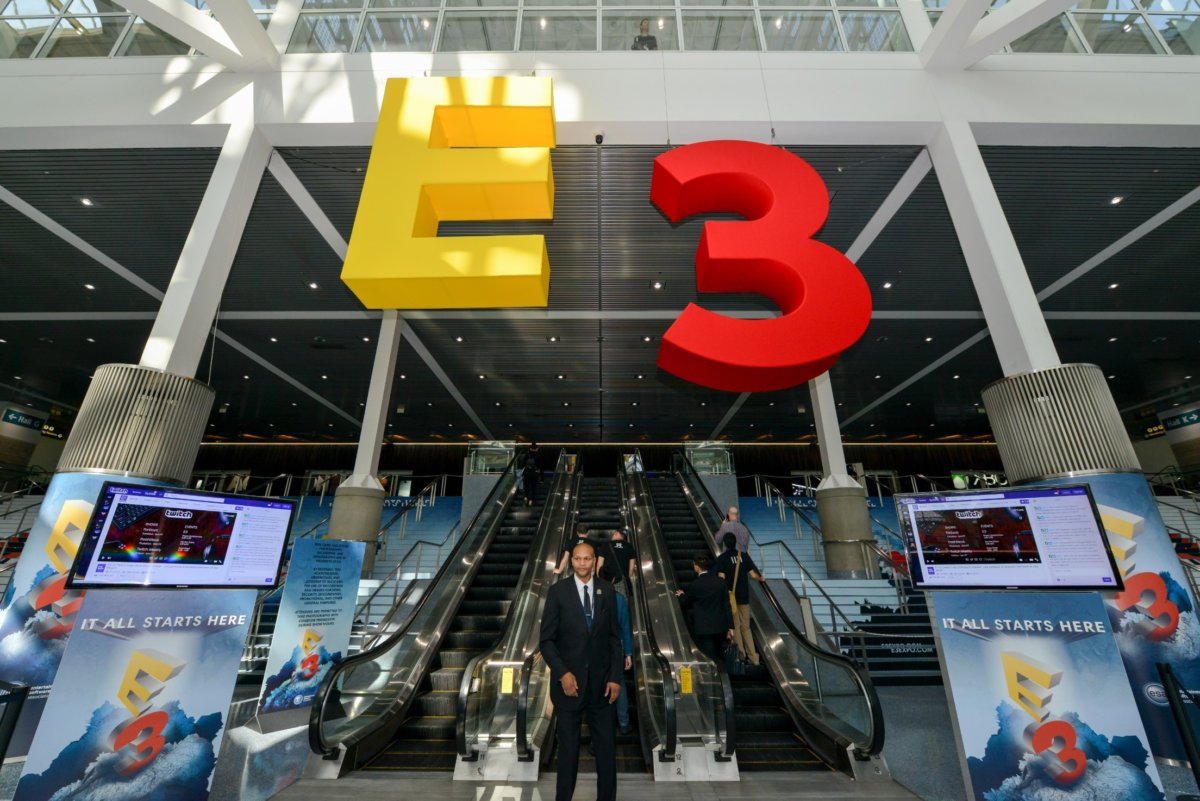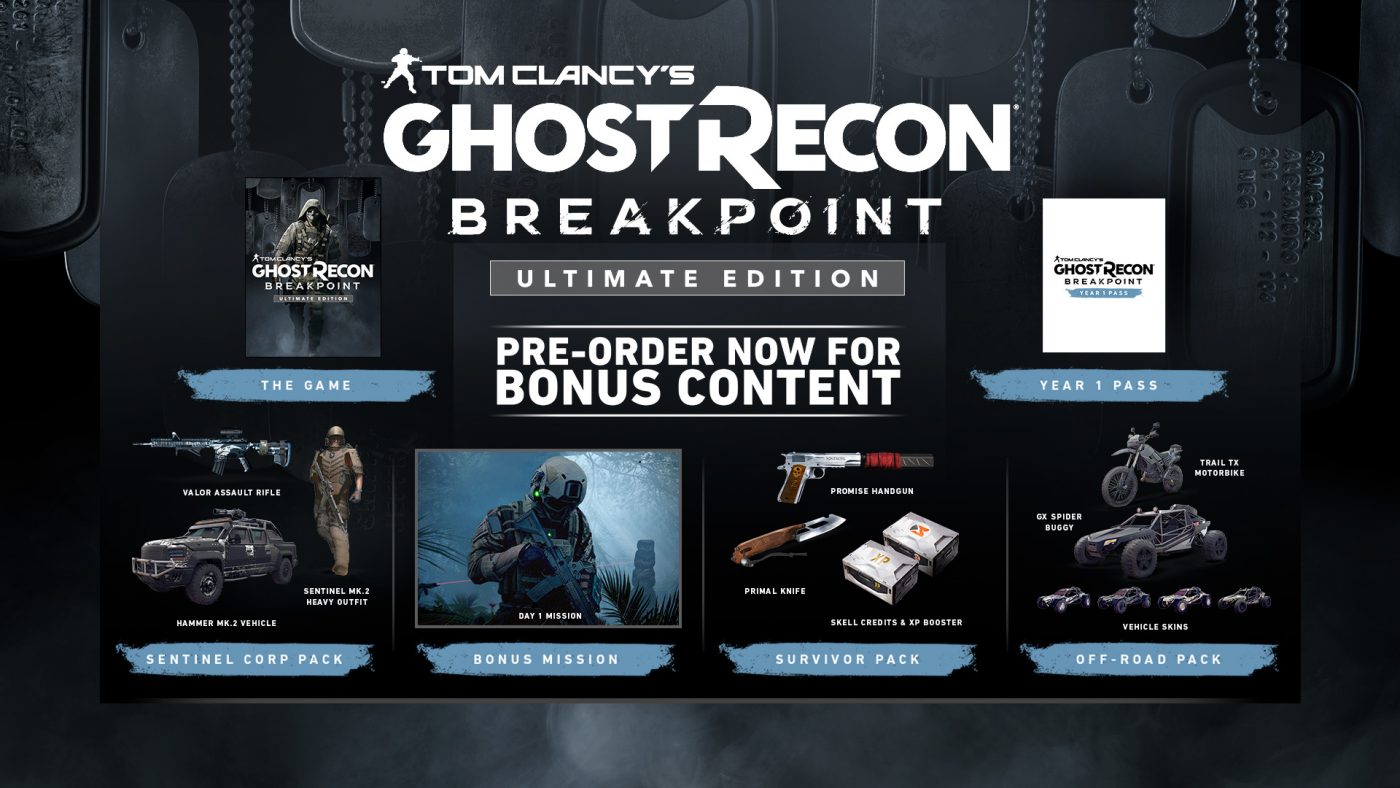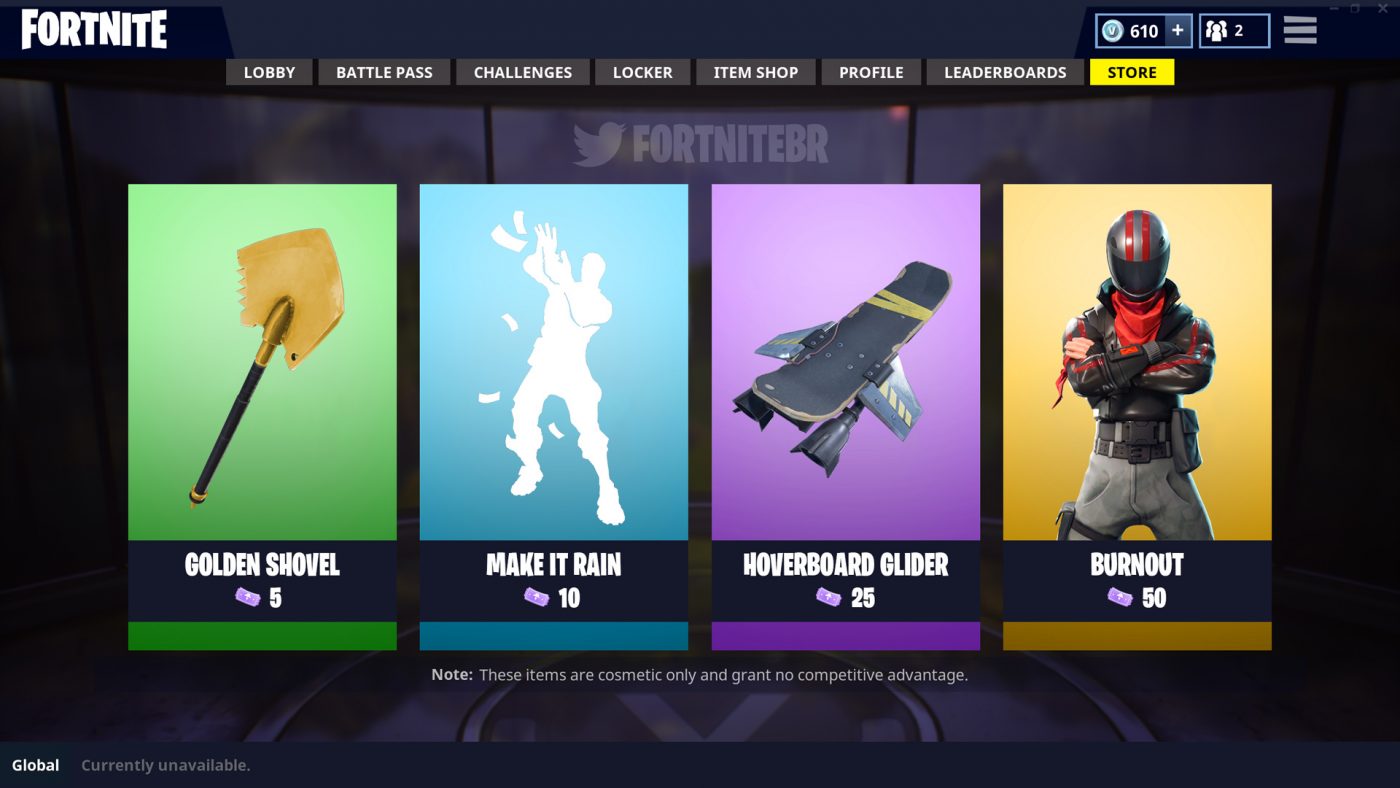I don’t think I’ve ever realised how much I was affected by FOMO (Fear Of Missing Out) until I took note of my mental health. I used to think I was immune to the corporation’s marketing techniques. That is far from the case.
I studied Graphic Design at college and during that time I found myself intrigued by the advertising side of it. The numerous techniques used to get consumers to buy into what you are selling.
There are many ways to do this. From using certain colours, sounds, images, endorsements, among others to create a sense of brand loyalty. I felt that by being aware of the intricacies of these, I had become immune.
For the most part I was. I often looked at adverts in a different way. I looked at them to see the inner workings. Advertising is a wonderful artform, both in the purest creativity, but also in the manipulative ways it gets to us.
One side that had escaped my attention over the past couple of decades though, was FOMO. This is the most manipulative of all the advertising practices and has been done in many various subtle ways. Such is its power, we have even been openly mocked by it as seen by ads for the NHL App.
In the world of videogames (and other media) it’s done to the extreme. From the moment a game gets announced right up to the very moment it’s dead.
There’s a reason events like E3 changed focus from being press briefings to huge consumer focused behemoths. This isn’t for the benefit of fans, this is purely to create hype and FOMO.

First secret peeks of games before anyone else is the temptation. Get people through the door because they can get exclusive tat. Get access to things the mass public cannot. You want to feel special, we all do and if you can afford it, you’ll go to avoid missing out.
Exclusives are a big part of getting us into a platform. Again this is creating a FOMO. If a game is good enough, someone may spend not just the £50 on said game, but also the £200+ on the console too.
All the major platform holders do this in various ways. Sony have created some wonderful franchises from the ground up. God of War, Gran Turismo, Last of Us and more. Yet they have also made exclusive some major licences such as the recent Spider-Man.
Microsoft are buying up studios left, right and centre. Working to make multi-platform titles exclusive or timed exclusive. As demonstrated by any The Outer World’s sequel possibly being console exclusive to Xbox.
Nintendo have even funded titles to make them exclusive to their hardware. Bayonetta and Marvel Ultimate Alliance spring to mind. Whilst it even happens on PC now with Epic and Steam doing exclusivity deals.
This is all based around FOMO. The reason big money is paid out on such exclusives, is that it works. I’ve know huge Marvel fans buy a PS4 purely because the best Spider-Man game to date is an exclusive on that system.
They didn’t want to miss out. It isn’t just the platform holders, nor is it just done on exclusives.
FOMO is created in pre-order bonuses, micro-transactions, timed content and pricing. This happens because we all have different points at which FOMO affects us.

You get the potential day one consumers at full price by offering up pre-order bonuses on the form of special skins, extra currency, one off modes and other such gubbins. That’s one sub-section hooked.
You need to keep them engaged next. This creates a bit of a spin-off of FOMO. That being creating the class system. The haves and have nots. This is where micro-transactions come into play and boy, does this one work well.
Fortnite as an example has nailed this. The battle pass is actually one of the less vile live service systems out there. But and there is a big but. How it surrounds this with various limited time skins creates the issue and manipulates the user to spend to make sure they have the latest look.
Taking cues from the fashion industry here. If you don’t have the latest fashionable thing, you can be ridiculed by your peers. Which forces your hand to spend and keep up. The fact that the term ‘Default’ has become a derogatory one, shows all you need to know about how this works.
Where in the past I’d be referred to as a tramp, pikey or council kid, because I didn’t have named trainers or clothing. The same is now happening in the digital world of game cosmetics.

So, you have the day one players and you’ve got them spending more and more. But what about those that hold out? That’s where sales come in. Throughout a game’ life you will see various discounts at various times. Some minor and some major, but all hooking yet more players.
Drop the price for a limited time and you get people into that same FOMO situation you previously hooked the day one types with. They should get this game now, in case it never drops again.
It will of course and maybe even reduced further. You get some more consumers who again get his by FOMO. This isn’t just the big boys either. It’s not limited to EA, Ubisoft, Activision, etc. Recently the developer of Shovel Knight claimed that that particular sale would be the very last time the game would be reduced. It is another technique to create FOMO and one that can be particularly effective.
Initially it looks like the developer / publisher is being open and honest. They are the good guys, so yeah, I had better get this game now and support them. Especially as this is the last time it will be on sale.

It is all bull though. No developer or publisher is your friend and they are all out to get your money. Some because of outright greed. Even those who just want their vision to be out to the public really need the money in to support the work they have done and to afford to live.
I am not for one second saying they are wrong for this. We all need money, whether we like to admit it or not. The best way to get that money in the gaming industry is to sell your product. In such a crowded market, you need to use whatever you can to do so.
I recently looked through my libraries on Steam, Xbox One, Playstation 4, PS Vita and Nintendo Switch. It struck me how much I’d been struck by FOMO and had somehow managed to acquire games multiple times across all platforms.
Checking my purchase dates and remembering how and why I had bought them led to interesting finds. Some were day one, because I wanted in on the multi-player bounce. Others were in sales because I had to get them at that price. Other’s were getting caught up in the hype and was worried I’d be missing out on something.
I feel that more than any other advertising technique, FOMO gets into our psyche the most. It needs the other tried and tested techniques to create that seed, but FOMO is what really sells to you in the end.
From my own personal experience and as someone who suffered bullying due to not having the latest and greatest, I have now realised I am affected by this more than I’d like to admit.
I have more games in my library than I’d ever hope to play all because of the FOMO effect. I don’t want to be left behind and ridiculed for not having something everyone else is enjoying.
The thought of it sends me into a spiral I struggle to get out of. I can look at this with a logical mind, but I know I’ll be caught up again and find a way to get the next thing to avoid FOMO.

